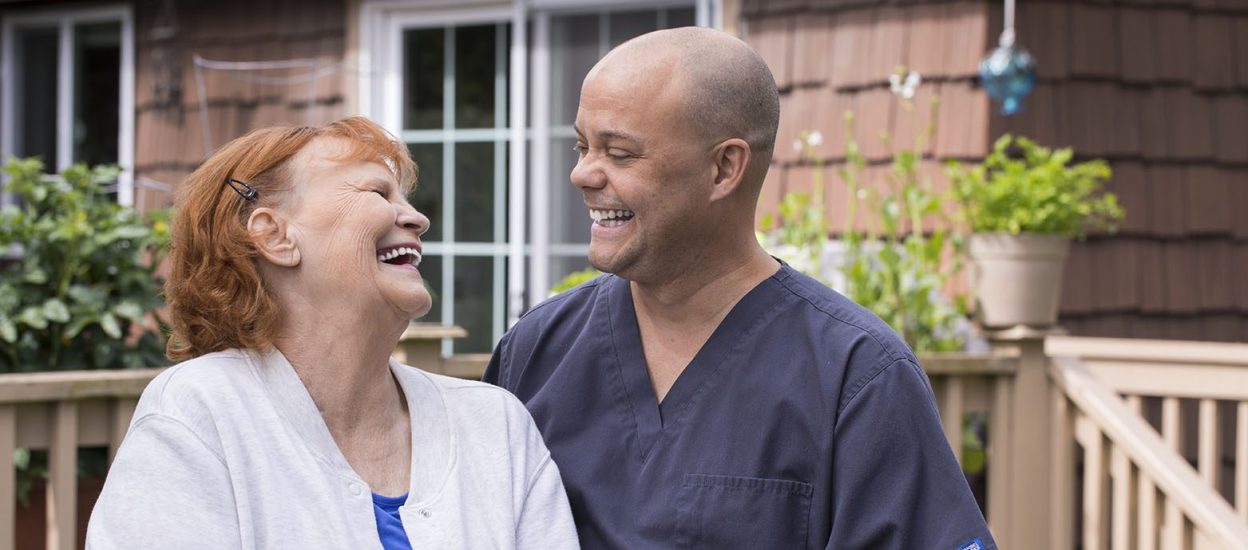Founded in 2016 and based in Seattle, Washington, Carina is a non-profit technology solutions provider enabling accredited professional care workers to connect with individuals and families seeking home care or childcare services. Carina constructs tools for individuals often excluded from modern tech solutions. The organization strives to elevate access, simplify usage, and foster economic opportunities for women, people of color, and historically marginalized communities disproportionately affected by the nation’s flawed care system.
Professional home caregiving is a rapidly expanding sector driven by an aging population, a preference for aging in place, and a healthcare system overwhelmed by the care requirements of those with chronic diseases. Home care workers assist older adults and people with disabilities with activities of daily living, including personal hygiene, medication management, mobility, and meals. This critical assistance supports them in their homes and their communities.
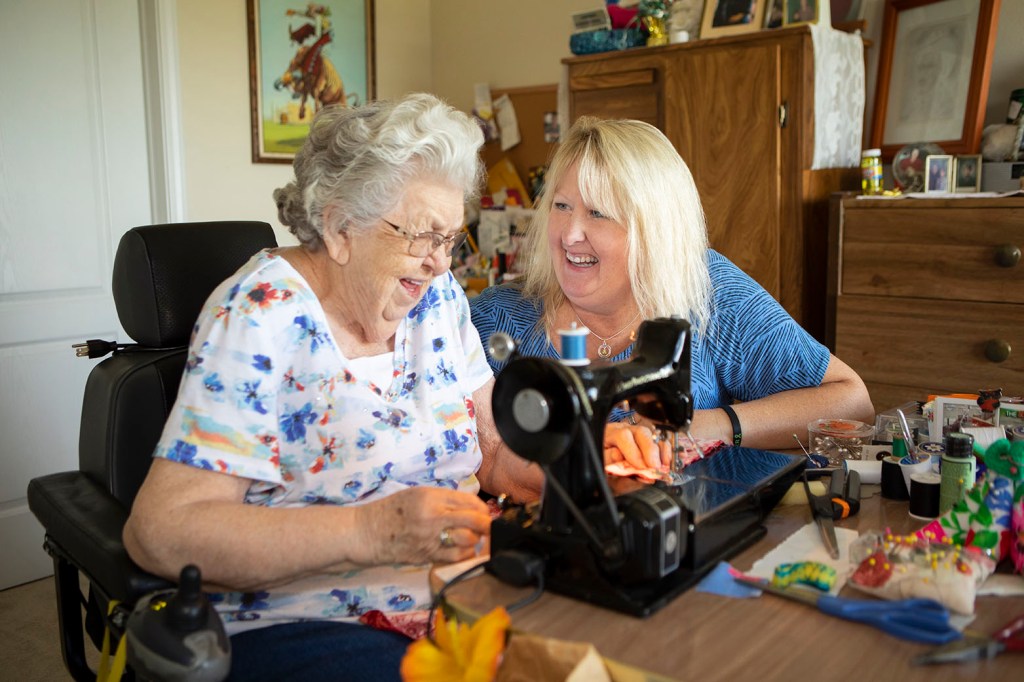
Despite its urgency, establishing the caregiver-care-recipient relationship is a complex process involving professional and personal compatibility. Matching the right caregiver with the right individual or family is paramount and significantly influences the quality of care.
Childcare providers operating home-based businesses confront challenges like those home care workers face. They must also navigate myriad complexities, including establishing trust with parents, ensuring a safe and stimulating environment, and managing the financial realities of running a business from home. The search for compatible families can be difficult, often involving a series of trial-and-error experiences. As with in-home caregivers, home-based childcare providers often work in isolation, without the support networks typically available in institutional settings.
Navigating the challenges for home-based caregivers and clients
Finding trustworthy and compatible care providers presents a shared set of challenges for both in-home care clients and families seeking home-based childcare. Trust, often at the core of these relationships, extends beyond confidence in the care worker’s professional competence; it also encompasses the belief that the care worker will respect the privacy, dignity, and autonomy of the care recipient or child. Practical considerations like scheduling and location further complicate the matchmaking process. Ensuring that care is available when needed and within a manageable distance can become a logistical puzzle that adds a layer of stress to an already complex and often urgent situation.
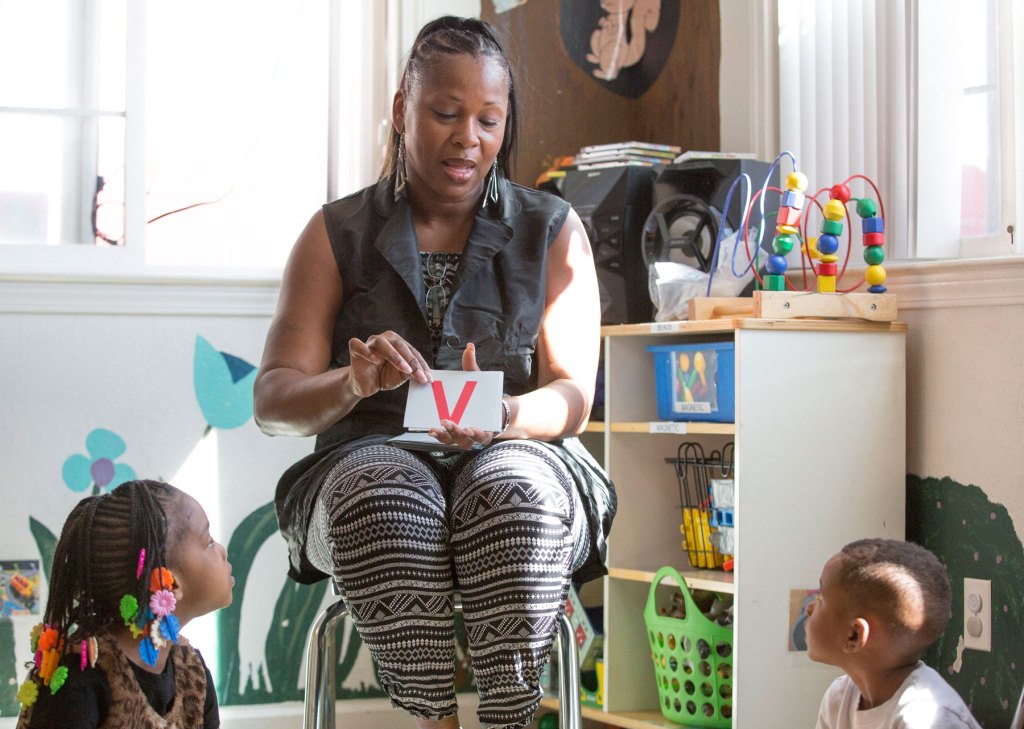
Carina, partnering with Tanzu Labs, harnesses technology to bridge the tech gap for caregivers and clients
Because most care providers operate individually or as small units, they need access to marketing or referral services and are significantly less visible to the public than other small businesses or service providers. Understanding that technology—based on the same principle as app-based dating services—could be harnessed to provide matching services for caregivers, Carina collaborated with the Service Employees International Union (SEIU) and Washington State’s Department of Social and Human Services to create its software in service of their collective bargaining agreement for home care workers that support low-income home care clients. With the assistance of Pivotal Labs, Carina MVP was built in early 2017. The Carina team was trained in core agile software development practices, including user-centered design, XP, and Lean project management.
By 2019, Carina software had over 10,000 users and had made thousands of care matches, with over 1,000,000 hours of care delivered.
Carina was further developed during the COVID-19 pandemic, which exposed the many fault lines in the care system. When all but essential workers were forced to isolate at home, the impact on employees with children was devastating. By April 2020, more than 20 million Americans were laid off. The US Census Bureau estimates that between 2019 and 2021, the number of people who worked from home rose from 9 million to 27.6 million.
This dramatic shift to remote work deprived childcare providers—traditionally small, home-based businesses—of many of their clients. With the near-collapse of the childcare sector, essential workers—especially those employed in the food supply chain and healthcare—urgently needed to network with childcare providers who remained in business or with those prepared to fill the need.
Carina recognized the urgency of this predicament.
Building on its existing technology partnership with VMware developed through the company’s “Good Gigs” program, Carina turned to VMware Tanzu Labs in mid-March 2020 for help developing a new application that childcare workers’ labor unions were urgently seeking to deploy to support their childcare providers. VMware enrolled Carina in VMware Tanzu Act, a program that links humanitarian and charitable organizations with experts in product management, design and engineering.
Using agile and user-centered design approaches, the teams worked together to create the childcare matching application. Carina proceeded from the initial idea to launch with partner organizations in less than one month. By April 10, 2020, the new Carina application site was operational and had registered 1,600 childcare providers, offering 8,000 openings. In the first week, 12,000 parents used the site.
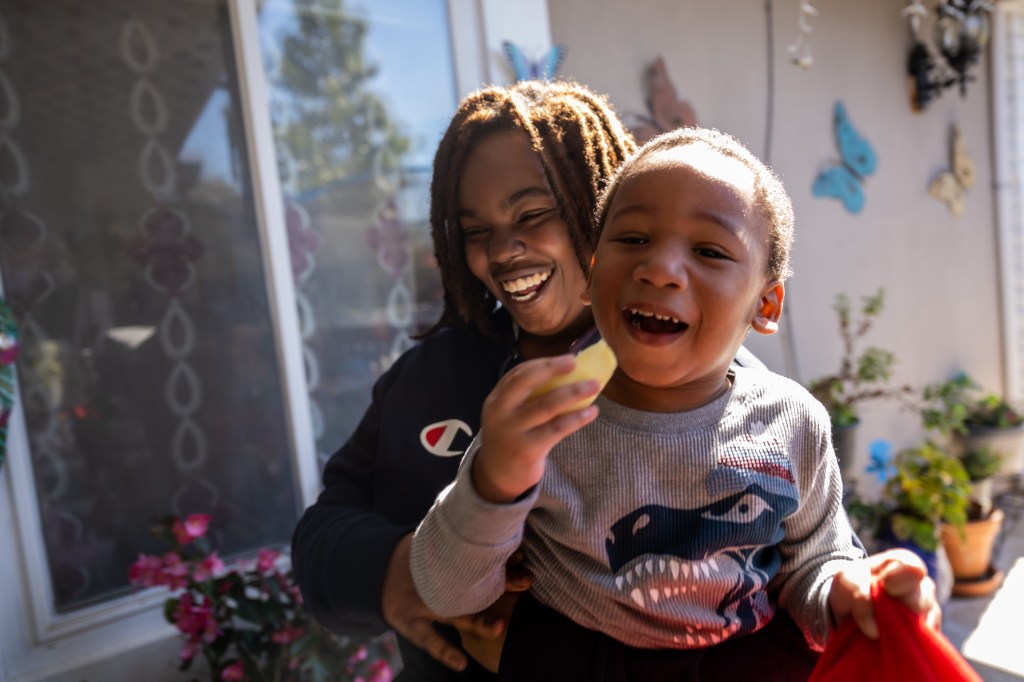
As Carina expanded its services to California, it earned accolades from Governor Gavin Newsom and Los Angeles Mayor Eric Garcetti, whose city government launched a stipend program to fund childcare expenses for essential workers. Within weeks, Carina began connecting families with licensed providers across multiple states.
The lessons Carina gleaned from partnering with Tanzu Act enabled the organization to deliver its solution efficiently and continue its enhancement based on feedback from childcare providers and parents. The partnership also highlighted the significance of enablement, allowing Carina to continue their innovation even after the engagement concluded.
Exploring AI technology to expand reach, scale, and accuracy
As Carina expanded its services to more clients and states, its small, resolute team needed to scale its reach to meet the increased demand. Carina wanted to explore the possibilities of integrating artificial intelligence (AI) technology into its systems.
"We have a long list of use cases where we believe AI can augment our existing services and make them more powerful, including improving accuracy in searching and matching," says Nidhi Mirani, CEO, Carina. "We want to focus on specific use cases and consider how AI can have maximum impact in solving our problems.
“We believe spending time with care workers and care seekers is essential to ensure that AI supports their self-determination and trust. Our goal is to implement AI responsibly and ethically and have the confidence and buy-in from our partners and network on our approach,” says Mirani.
Pursuing the ethical considerations of AI-enhanced caregiving
Seeking guidance on harnessing AI's potential without compromising the organization’s values, the Carina team turned to VMware for a three-week deep dive workshop. This immersive engagement included intensive collaboration with the VMware Tanzu Labs team with mentoring to develop a specific AI use case and prototype, leveraging new VMware Technology and Tanzu Labs developers’ extensive experience in high-trust, highly regulated spaces.
Carina also sought the expertise of Dr. Clara Berridge, a professor from the University of Washington School of Social Work, whose research explores the intersection of ethical considerations, policy implications, and the use of digital technologies in the care of older adults. Berridge explores the usage of data and informational technologies, such as social robots and remote monitoring systems, and the implications of AI-incentivized surveillance on seniors and their caregivers. Along with Dr. Berridge, the Carina legal counsel helped identify a set of additional considerations based on reviewing a prototype.
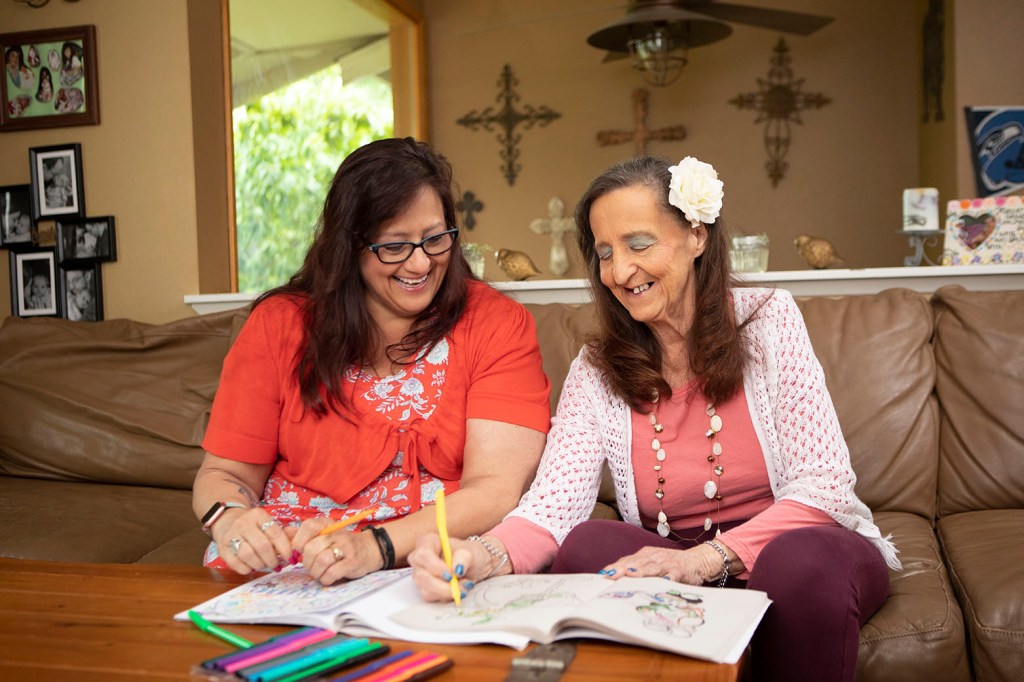
The fruits of this extensive collaboration were transformative for Carina. The newfound knowledge and confidence in AI technology unlocked a world of possibilities for their services, with clear pathways to improve outcomes for their beneficiaries. The team, now more informed about the intricacies of AI, felt energized and empowered to explore this frontier further.
"As a result of this engagement, we have much good energy right now around how do we do this in a way that's responsible but still allows us to benefit from the powerful tool,” says Mirani. “We have a clear set of ethical, technical, financial, and legal guidelines to pursue."
Bringing responsible, ethical AI to the caregiving community
Carina recognizes the value of giving back to the broader caregiving community. “We aim to share our experiences and learnings with other organizations as navigating AI implementation is daunting,” says Mirani.
Through a blend of innovation, collaboration, and commitment to ethical AI usage, Carina is poised to chart a new, innovative course in the nonprofit tech sector. "We achieved the goal of unlocking our capacity to solve problems and gain confidence in our ability to use AI responsibly,” says Mirani. “We are in a unique position to have conversations with public organizations and partners about AI implementation in our domain. We want to help drive the conversation about responsible AI implementation."

